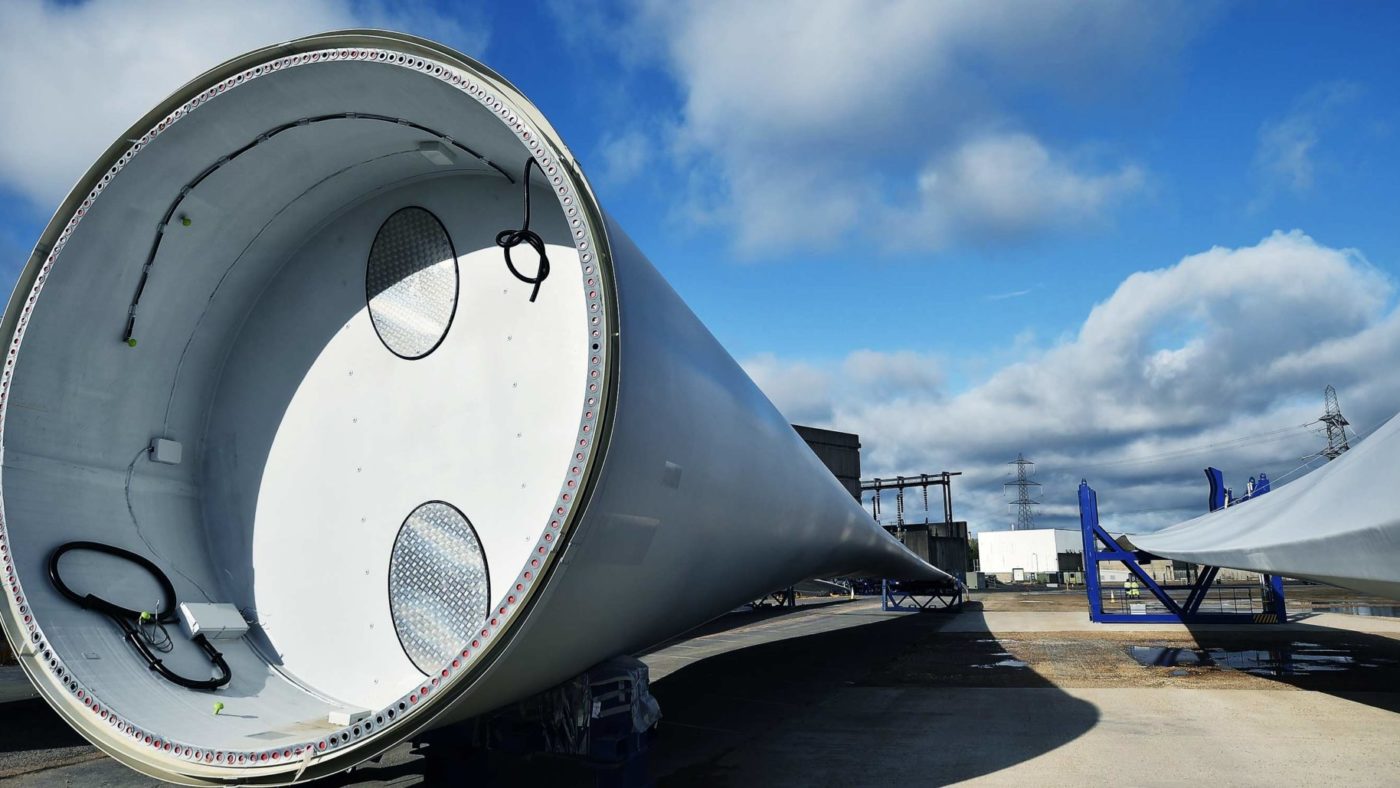One of the many effects of this crisis has been tumbling oil prices, with some indexes even going negative last week. Given that economic activity pretty much everywhere has fallen off a cliff, that’s not all that surprising. However, even if the oil price recovers as lockdowns are lifted, big risks remain for the sector, such as cost falls in renewable energy, insecurity in the fossil fuel supply chain, and climate policies.
On the other hand, a new forecast from the International Renewable Energy Agency (IRENA) suggests there are major economic gains to be had from deploying enough renewable energy to meet our climate goals. Renewable energy could play a huge role in the immediate economic recovery from coronavirus, as well as helping to mitigate the effects of climate change.
Recent events in the oil market have the potential to reinforce and accelerate pre-crisis trends. Oil demand was already hit by the electrification of transport and the drive against single-use plastics. At the same time, governments and industry are investing billions in developing electric planes and green shipping fuels like ammonia, which would further weaken oil’s market share.
There is a live debate about when peak oil demand might happen – some say it could be this decade – which explains why UK-based oil firms like BP and Shell have recommitted to their climate change targets, even in these challenging times. The gradual shift in their strategies towards clean energy says as much about economics as it does about environmental concerns. They are looking to the future.
IRENA’s renewables outlook analyses the current rate of renewable energy deployment and the rate required to meet global climate goals. If the necessary acceleration of renewables construction happened, the economic gains for the world economy would be vast. IRENA finds that global GDP could grow by 2.4% more by mid-century than under current energy projections. The cumulative economic benefit between now and 2050 would total $98 trillion, far exceeding the initial costs of the investments.
There would be an employment boom too, with 42 million renewables jobs globally by 2050, four times more than today. Energy jobs overall would reach 100 million by 2050, about 40 million more than today, showing there are more jobs in a renewables future than a fossil fuel one.
The crisis has underscored the importance of resilient supply chains for essential goods, such as food and energy. Fortunately the UK renewables sector has held up remarkably well. Turbine factories in Hull and on the Isle of Wight have adapted their working practices to safely remain open, as has the cable factory in Hartlepool. New wind turbines, enabled by government-backed contracts, continue to be built. And in our electricity grid, renewables have continued to play a key role powering the nation as it works from home, with solar setting a new generation record just last week.
The UK must maintain this momentum through the recovery, as well as making our domestic supply chain even more resilient. In the first instance, we need to ensure a pipeline of new renewables projects. That means proceeding with planned clean energy auctions for offshore wind and the more established technologies, onshore wind and solar. Promising new technologies like floating offshore wind should be eligible to bid for government-backed contracts too, which could bring ‘green-collar’ jobs to new parts of the UK such as South Wales. These economic wins do not require government support, which is attractive at a time when our fiscal resources are so depleted.
At the same time, we must also strengthen the renewables supply chain. Industry and government currently have a target for 60% of offshore wind content to come from British companies. This helps protect the UK from shocks to the international trading system, as well as supporting employment in deindustrialised parts of the UK. The 60% target could be increased if the Government helped take the risk out of new infrastructure and factories by offering concessional finance or co-investment. They could also allocate more public R&D money on renewables, to help leverage more private investment and keep us at the forefront of innovation.
Finally, we can support the economic recovery at home while helping the world to achieve our climate goals through exporting low-cost, British-made offshore wind components and professional services around the world. The Department for International Trade and its agency UK Export Finance need to shift their historic focus away from the oil and gas sector, towards giving UK renewable SMEs more technical assistance and financing so that they can access these new markets. Ministers should also make the elimination of tariffs and non-tariff barriers for clean energy a priority in new Free Trade Agreements.
There should not be bailouts for the oil sector to continue business-as-usual. Instead the Government should concentrate on creating a favourable policy environment for renewables and encouraging oil majors to shift their investment to clean rather than dirty forms of energy. This has huge potential to create jobs and boost economic growth all over the UK, helping to relieve some of the new unemployment we are already grappling with.
Even before this crisis hit, renewables made environmental and economic sense – in the aftermath of coronavirus, they will be indispensable.
Click here to subscribe to our daily briefing – the best pieces from CapX and across the web.
CapX depends on the generosity of its readers. If you value what we do, please consider making a donation.


